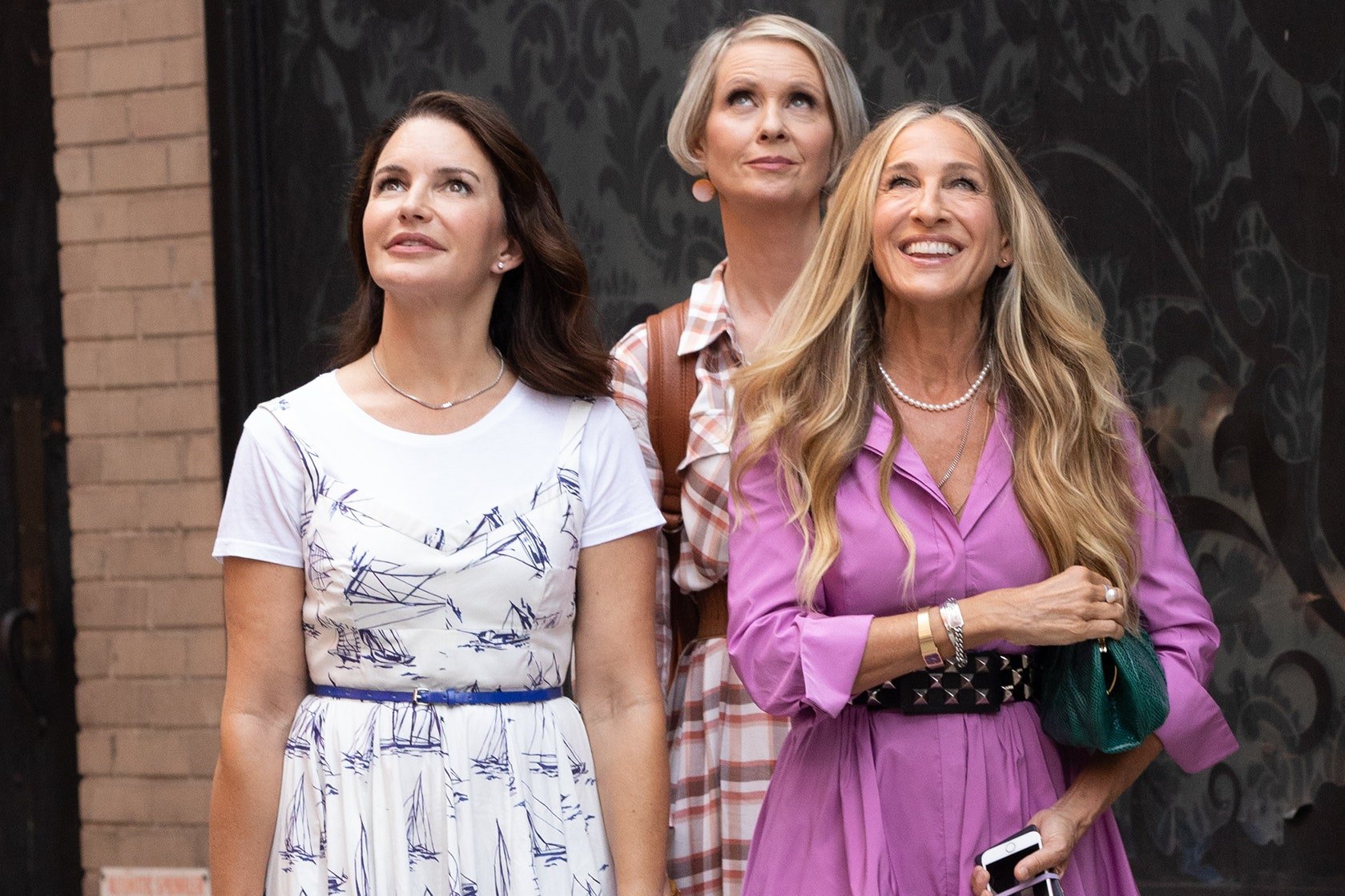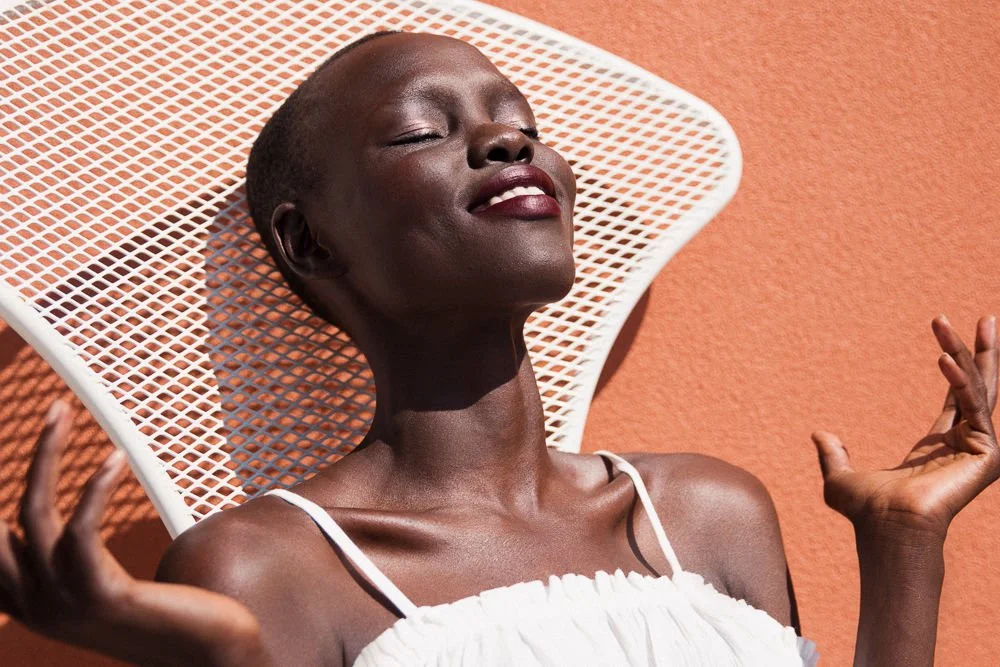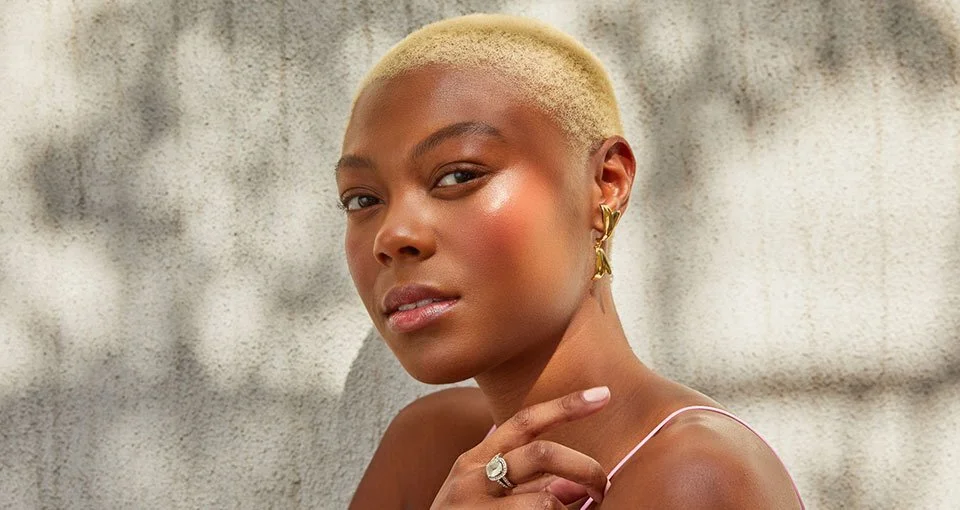And Just Like That... A Perspective on the SATC Reboot From a Fan (and Now Mom) Who Grew Up With the Show
Photo Credit: Vogue
By: Heidi Hookman Brodsky
Last night, I, a now 55-year-old mom and long-time fan of Sex and the City, watched And Just Like That with my 23-year-old daughter and her friend, both big fans of Sex In the City which they began watching some fifteen years after the series finale. I, unlike them, started watching at the very beginning. Sarah Jessica Parker, then 33, was just one year older than I. Although I was already a married woman, I reveled in the alternative world of the single ladies of New York, New York.
This morning, I awoke to a myriad of denouncements of the first two episodes of the reboot; the main gist being that the new limited series has somehow betrayed the casual, fun, and exciting world of the four women who explored friendship, sex and fashion whilst pursuing each one’s version of happiness vis a vis a lover. These women, like the newest generation that adores the original series, were in their twenties and thirties, a time in many women’s lives when friendships, careers and sex are the defining moments of a poignant time in life. Sex in the City was so popular, and still is, because we believed in these characters, aspired to have their friendships and coveted their fashion and freedom.
The newest generation of Sex in the City fans (including my twenty-something daughters and their friends) could not wait for more of the fun with the fabulous foursome. But what they did not fully consider, I think, was that the women are now the ages of many of their mothers.
So, please indulge me as I address each of these complaints from my perspective as a Generation X woman and super fan of the original series (not so much the films). And, fun fact: I was an extra on Season 4 Episode 12!;;
Samantha would never ghost her friends
Kim Catrall (Samantha) is reported in most major media sources as not returning for the reboot due to her estrangement from Sarah Jessica Parker. In the reboot, Carrie (SJP) laments that Samantha has moved to London, has “ghosted” her and the rest of the friends over a dispute over money. Although all of this (both the fact and the fiction) is sad and unlucky for the fans that want Samantha back, the reality of friendships failing, even very, very meaningful ones, is often an unfortunate reality. Yes, even though all four friends thought they would remain close forever, in real life, and in TV life, friendships end, often in heart-breaking ways.
The banter between the 3 remaining friends was not funny and Miranda’s story of stepping on her son’s condoms is revolting
My generation is not our mother’s generation. My boyfriends were never allowed to have sleepovers with me in my bedroom in our family home, period. But, both I and many (most) of my friends have allowed our children to have their partners behind closed doors in our homes. We justify that “they are doing ‘it’ anyway and might as well be under our roofs where it is safe.” The yuckiness of knowing one’s child is “doing it” in the next room is a reality many of my generation has learned to awkwardly accept. So, Miranda’s story both rings true, is relevant to who she is as a mother to a teenage son just post-lockdown (when many relationships moved into the homes) and is, actually pretty funny.
The “Woke” storylines do not work, are awkward and miss the mark.
I don’t have to tell you that the world we are living in and the culture and politics of the day are rapidly evolving. For those of us who came of age in the 80’s, we have had to relearn how to think about our language, our actions, and our contributions to a society that needs to evolve. But the knowledge of the need for change does not make that change easy. Miranda’s character has always strived for relevance and exceptionalism. Her cringey interactions with her younger, black professor rings true to her and to a plethora of others I know who have awkwardly had to recite their preferred pronouns at parent-teacher meetings and to apologize to their children and more progressive friends for using words from our pasts no longer acceptable in our current culture. Carrie’s embarrassment at being defined as a “cis-gender typical female” whilst being interviewed by her "queer, non-binary Mexican-Irish diva" podcast colleague is also entirely consistent with her character. Yes, Carrie wrote about sex in the ‘90s. But, being asked directly when and where she has masturbated crosses a line she has not yet become accustomed to stepping over. And yet, this is where Carrie must go in order to be as relevant as she once was, or to regain her “OG” status, which, I am certain she will achieve in future episodes.
The writers killed off Big and that is depressing
As we age, we suffer loss. It’s a fact of life. Yes, it’s depressing, but the killing off of Big was a plot choice that forces Carrie to evolve and, frankly, makes this series more interesting and compelling to watch. Mostly, I feel sorry for Peloton stockholders.
The show is no longer fun
Grow up.
The new and diverse cast is a welcome change, but these new characters feel underdeveloped.
The addition of the new women adds diversity to a cast that is both welcome and realistic. The original “clique” has evolved and grown with their careers and families. Of course, they have met new people and developed new relationships in a major city both through work and through their children. I, for one, am most excited to meet these new women (we haven’t had the chance to get to know them yet, but I know we will) and watch as my old friends, grow as women and friends.
It feels like it was only yesterday that I first met Carrie, Miranda, Charlotte and Samantha and fell in love with the fresh, new and decadent series Sex In the City, but it was over twenty years ago. Last week, I turned 55. And just like that, I get to experience my favorite characters now in their fifties too, as they navigate the world, their city and friendships with all of the changes, challenges and heartbreaks that are inevitable at our age.


















